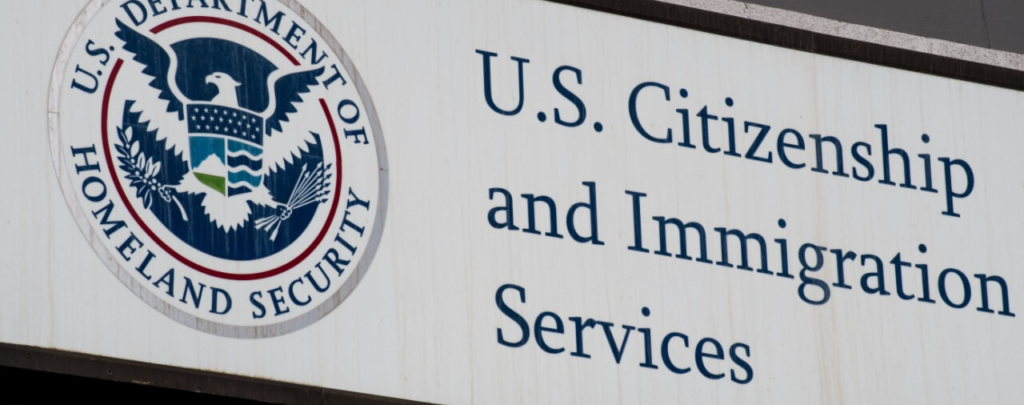The Office of Special Counsel (OSC) for the Department of Justice (DOJ) provided a Technical Assistance Letter (TAL) [PDF version]1 to an immigration attorney who requested an advisory opinion on how her client should seek to comply with the requirements of section 274a of the INA (relating to not employing aliens who lack employment authorization) without violating 274b (prohibitions on discriminatory conduct in employment-related matters). The attorney sought guidance on how her client should proceed after an internal audit of its employees’ Forms I-9 called into doubt the veracity of some of the employees’ Forms I-551. The attorney was concerned that if her client requested alternative documentation from the employees in question, it would open itself up to a lawsuit under 274b. Her concerns were exacerbated by the fact that the employees in question shared a common national origin.
The TAL provided general advice for employers in similar situations. It listed the types of discriminatory employment-related conduct that are prohibited under 274b:
1. citizenship or immigration status discrimination;
2. national origin discrimination;
3. unfair documentary practices during the employment eligibility verification (Form I-9 and E-Verify process) (“document abuse”); and
4. retaliation for filing a charge, assisting in an investigation, or asserting rights under the anti-discrimination provision.
The TAL then included general advice for complying with 274a without violating 274b:
Internal Form I-9 audits should treat similarly-situated employees in a similar manner and should not treat employees differently based on citizenship status or national origin.
The same level of scrutiny should be applied to all Forms I-9 without regard to citizenship or national origin.
Provided that the employer conducts the Form I-9 audit and the review in a consistent manner, requesting alternative documentation from certain employees whose documentation was found to be questionable is unlikely to violate 274b.
The TAL provides solid general advice to employers in similar situations. An employer with questions relating to 274a and 274b should always consult with an experienced immigration attorney.





